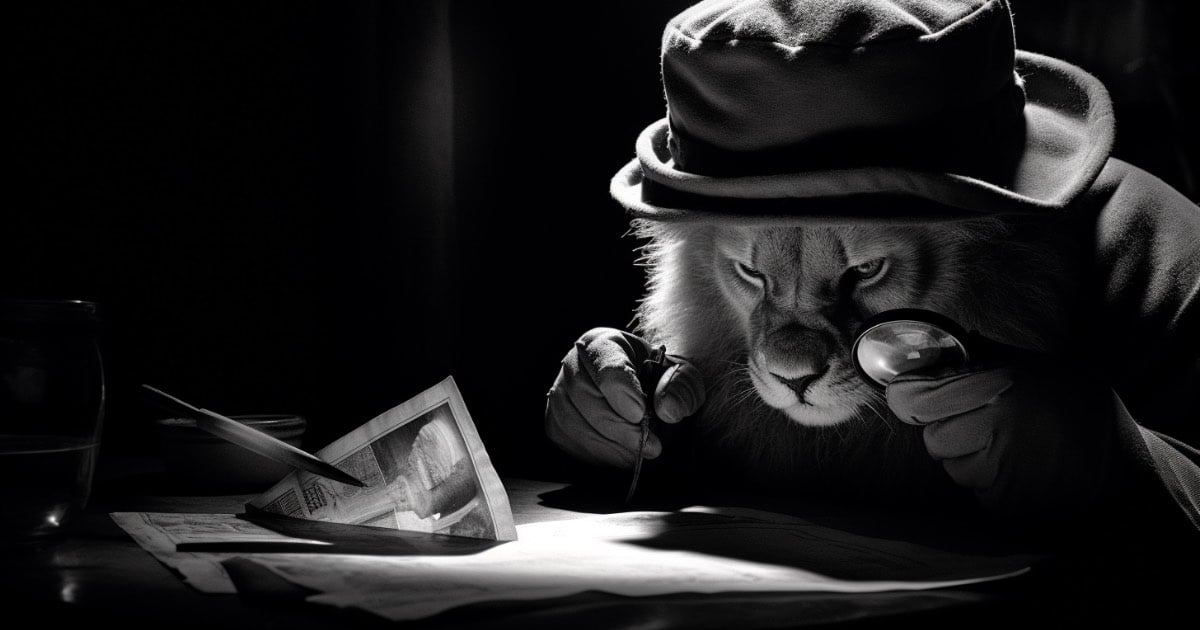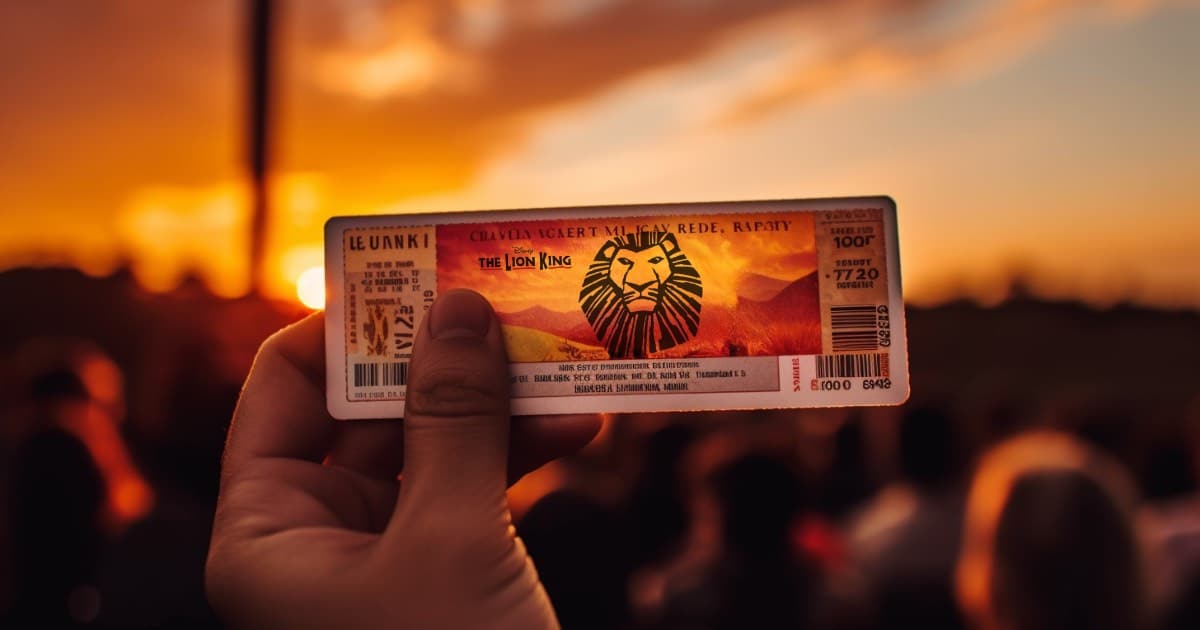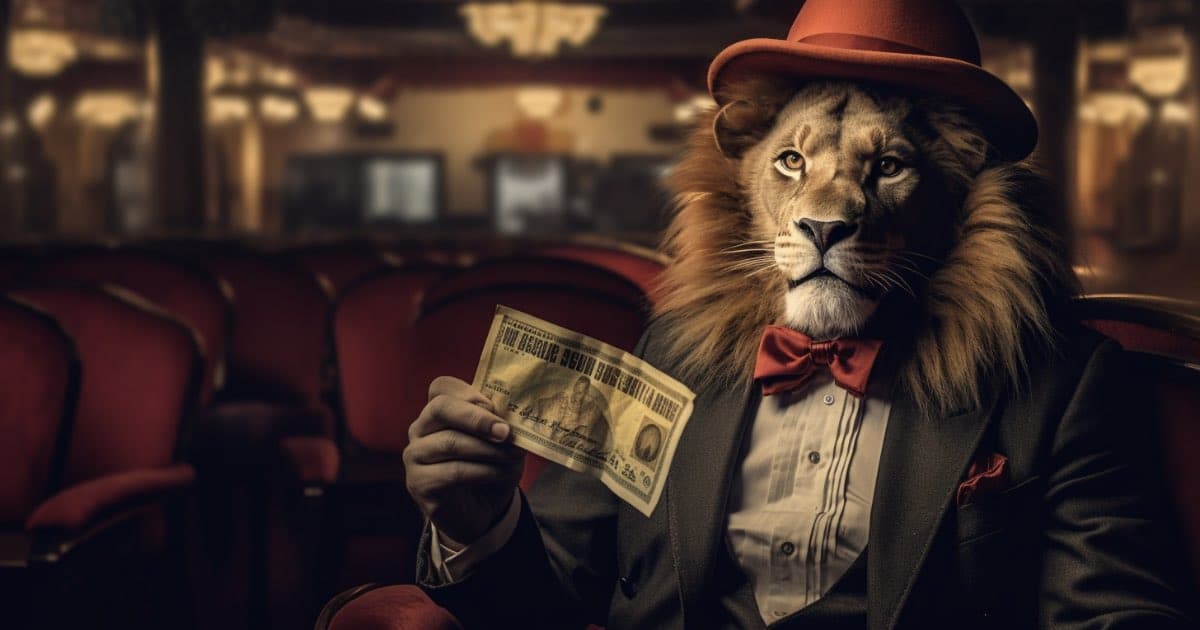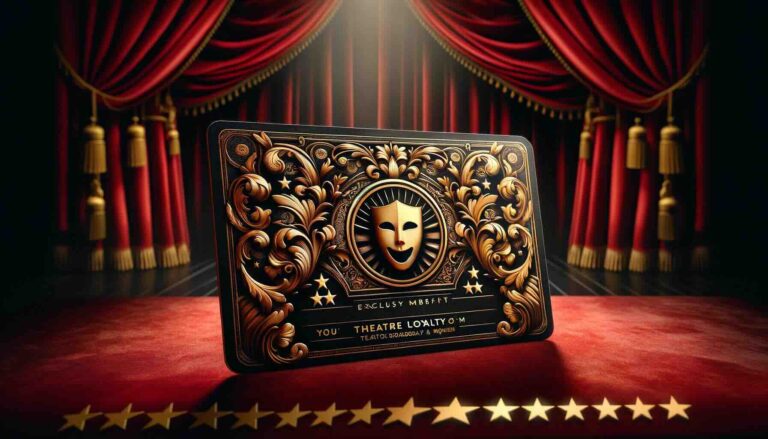The “Lion King” has roared its way into the hearts of millions, making it one of the most sought-after Broadway shows. Its timeless tale, mesmerizing music, and captivating choreography have made it a must-see. But with great popularity comes a darker side: the rise of counterfeit tickets. Scammers, sensing an opportunity, have prowled the market, leaving many theatergoers heartbroken and out of pocket. So, how can you ensure that your ticket to the Pride Lands is genuine? Let’s embark on this journey together and discover how to spot a fake “Lion King” ticket.
Physical Examination of the Ticket
Before you get carried away with the excitement of watching Simba’s journey, take a moment to inspect your ticket closely. It’s often the little details that give away a counterfeit. 🧐
- Paper Quality: Genuine tickets are typically printed on high-quality, sturdy paper. If it feels flimsy or too glossy, be wary.
- Print Quality: Blurred logos, inconsistent colors, or any smudging? These are tell-tale signs of a rushed print job, common with fakes.
- Holograms and Watermarks: Many official tickets come with these features as an added layer of security. If they’re missing or look off, it’s a red flag.
- Details and Typos: Scammers might get the big details right, but they often trip up on the small stuff. Check the date, time, and venue. Any typos or inconsistencies? That’s a roaring sign of a fake.
Remember, it’s all in the details. A keen eye can be your best defense against falling for a counterfeit.
Online Verification
With the digital age in full swing, many ticket vendors have moved online, offering e-tickets or mobile tickets. While this is incredibly convenient, it also opens up a new avenue for scammers. But fear not! There are ways to ensure your online ticket is the real deal. 🌐
- Barcode Scanners: There are apps available that allow you to scan the barcode of your ticket. If it’s genuine, the scanner will recognize it. If not, you’ve likely got a fake on your hands.
- Official Websites: Always purchase or verify tickets through the official website or authorized dealers. If you’re redirected to a strange-looking URL or a site that doesn’t seem quite right, tread with caution.
- Email Confirmation: When purchasing a ticket online, you should receive a confirmation email. This email should come from the official vendor and contain details of your purchase. No email or an email from a strange address? That’s a warning sign.
- Online Account: Most official ticket vendors allow you to create an account. You can log in and check your purchase history to verify the authenticity of your ticket.
Additionally, always ensure that the website you’re purchasing from uses secure protocols (look for “https” in the URL). This not only verifies the authenticity of the ticket but also ensures your personal and payment details are safe. Remember, in the vast savannah of the internet, it’s always better to be safe than sorry!
Seller Verification
When it comes to buying tickets, especially for a show as popular as the Lion King, knowing your seller is half the battle. 🦁 The circle of trust, if you will, begins with ensuring that the person or platform you’re buying from is legitimate and reputable.
So, how do you separate the Mufasas from the Scars in the ticket-selling world?
- Check Reviews and Ratings: If you’re purchasing from an online platform, take a gander at the seller’s reviews and ratings. Past buyers often leave feedback, and a slew of negative reviews can be a red flag.
- Established Platforms: Stick to well-known ticket resale platforms or official ticket vendors. These sites often have guarantees in place to protect buyers from scams.
- Ask Questions: If buying from an individual, don’t hesitate to ask questions. Genuine sellers should know the details of the tickets they’re selling, like the seat number, section, and date of the performance.
- Payment Methods: Be wary of sellers who only accept cash or wire transfers. Using a credit card or platforms like PayPal can offer an added layer of protection.
Remember, if something feels off, it probably is. Trust your instincts. And if you’re ever in doubt, there are always official channels and platforms where you can purchase Lion King tickets with peace of mind.
After all, in the words of Rafiki, “The past can hurt. But the way I see it, you can either run from it or learn from it.” So, equip yourself with knowledge and ensure your ticket-buying experience is a smooth one!
Too Good to Be True Pricing
It’s a tale as old as time (or at least as old as online ticket sales): a deal that seems too good to pass up, only to end up being a scam. When it comes to “Lion King” tickets, this age-old adage holds: if a deal seems too good to be true, it probably is.
But how can you differentiate between a genuine steal and a sneaky scam? Here are some pointers:
- Market Research: Before jumping on a deal, do a quick scan of other platforms to get a sense of the going rate for “Lion King” tickets. If one seller’s prices are drastically lower without a clear reason, be cautious.
- Ask for Details: A genuine seller can provide specifics about the ticket, including seat numbers, sections, and any other pertinent details. If they’re evasive or give vague answers, that’s a red flag.
- Too Pushy? Walk Away: If a seller is pressuring you to make a quick decision or seems overly eager to close the deal, it might be a sign they’re trying to pull a fast one.
- Check the Date: Sometimes, scammers sell tickets for dates that don’t exist. Always cross-reference the date of the performance with the official “Lion King” schedule.
Remember, while everyone loves a good deal, it’s essential to ensure that the deal is legitimate. After all, you don’t want to be left out in the wild without a ticket to the Pride Lands! 🦓🌅
For those looking for genuine deals, consider checking out how to buy cheap Lion King tickets. It’s always better to be prepared and informed than to be caught off guard by a scam.
Common Red Flags
When you’re on the prowl for “Lion King” tickets, it’s crucial to keep your wits about you. The savannah of ticket sales is vast, and while many sellers are genuine, some predators are lurking in the grass, waiting to scam unsuspecting buyers. 🦁🌾
Here are some common red flags to watch out for:
- Blurry or Generic Ticket Images: If a seller provides a ticket image that’s blurry, lacks details, or seems like a generic stock photo, be wary. Authentic tickets have specific details and unique barcodes.
- No Physical Address or Contact Information: Legitimate sellers usually have a traceable address or a verified contact number. If they’re only communicating through anonymous platforms or refuse to share contact details, that’s a warning sign.
- Payment Methods: Be cautious if a seller insists on non-traditional payment methods, like wire transfers or gift cards. These methods don’t offer buyer protection, making it easier for scammers to take your money and run.
- Too Many Excuses: If a seller constantly has a reason for not meeting in person, not providing ticket details, or delaying the sale, it might be a ruse to buy time or avoid detection.
- Spelling and Grammar: While everyone can make a typo now and then, be cautious of listings riddled with spelling and grammar errors. It might indicate a hasty scam attempt.
It’s essential to trust your instincts. If something feels off, it probably is. And remember, while the “Lion King” is all about the circle of life, you don’t want to find yourself in a vicious circle of scams.
What to Do If You Suspect a Fake Ticket
It’s a heart-sinking feeling: you’ve been looking forward to the mesmerizing world of the “Lion King” on Broadway, and suddenly, you’re holding what might be a counterfeit ticket. 😟 But don’t lose hope just yet! Here’s a step-by-step guide on what to do if you suspect you’ve got a fake ticket in your hands:
- Stay Calm: First and foremost, don’t panic. Jumping to conclusions without evidence can lead to unnecessary stress. Take a deep breath and assess the situation rationally.
- Double-Check: Sometimes, genuine tickets might look different due to changes in design or printing. Before raising an alarm, cross-check your ticket’s details with official sources or Lion King tickets platforms.
- Contact the Seller: If you purchased the ticket from a third party, reach out to them. It’s possible there was a mix-up. However, if they become evasive or unresponsive, it might be a sign of foul play.
- Report the Incident: If you’re confident the ticket is counterfeit, report it to local law enforcement. While they might not retrieve your money immediately, your report could prevent others from falling for the same scam.
- Seek a Refund: If you used a credit card or a platform with buyer protection, like PayPal, you might be eligible for a refund. Contact your bank or the platform’s customer service for assistance.
- Spread the Word: Share your experience on social media or local community boards. Your story could serve as a cautionary tale for others.
Remember, it’s not the end of the world if you encounter a fake ticket. While it’s a setback, there are always other opportunities to witness the magic of the “Lion King.” 🦁✨ And by taking the right steps, you’re not only protecting yourself but also helping others in the Broadway community.
Preventive Measures
As the old saying goes, “An ounce of prevention is worth a pound of cure.” 🛡️ When it comes to securing genuine “Lion King” tickets, being proactive can save you from the heartbreak of scams. Here are some foolproof measures to ensure you’re roaring along with Simba, rather than growling in frustration:
- Official Channels First: Always prioritize purchasing tickets from official vendors or the Lion King tickets main website. These sources guarantee authenticity.
- Research Resellers: If you’re considering third-party sellers, do your homework. Look for reviews, ratings, and any red flags. A reputable reseller will often have a history of satisfied customers.
- Secure Payment Methods: Use credit cards or trusted online payment platforms. These often offer buyer protection, ensuring you can reclaim your money if things go south.
- Meet in Public: If buying tickets in person, especially from platforms like Lion King tickets on Craigslist, always meet in public places. It’s safer and deters scammers.
- Trust Your Gut: If a deal feels too good to be true, it probably is. Listen to that inner voice; it’s often right.
- Stay Updated: Scams evolve. By keeping abreast of the latest ticket fraud tactics, you can sidestep potential pitfalls. Join Broadway forums or communities to stay in the loop.
By taking these preventive steps, you’re not just securing a ticket to one of Broadway’s most iconic shows; you’re also ensuring peace of mind. After all, the “Circle of Life” should revolve around joy and entertainment, not the stress of counterfeit tickets.
For more insights on navigating the Broadway ticket landscape, check out our guide on how to sell Lion King tickets.
Final Words
The magic of “The Lion King” on Broadway is an experience that many eagerly anticipate. However, the excitement of the show shouldn’t be marred by the disappointment of counterfeit tickets. By being vigilant, informed, and proactive, you can ensure that your journey to the Pride Lands is genuine and memorable. Remember, it’s not just about getting a ticket; it’s about securing a genuine pass to a world of wonder, music, and storytelling. So, before you embark on this theatrical adventure, make sure you’re equipped with the knowledge to keep scams at bay. After all, Hakuna Matata isn’t just a song; it’s a way of life – one without worries about fake tickets! 🦁🎭








